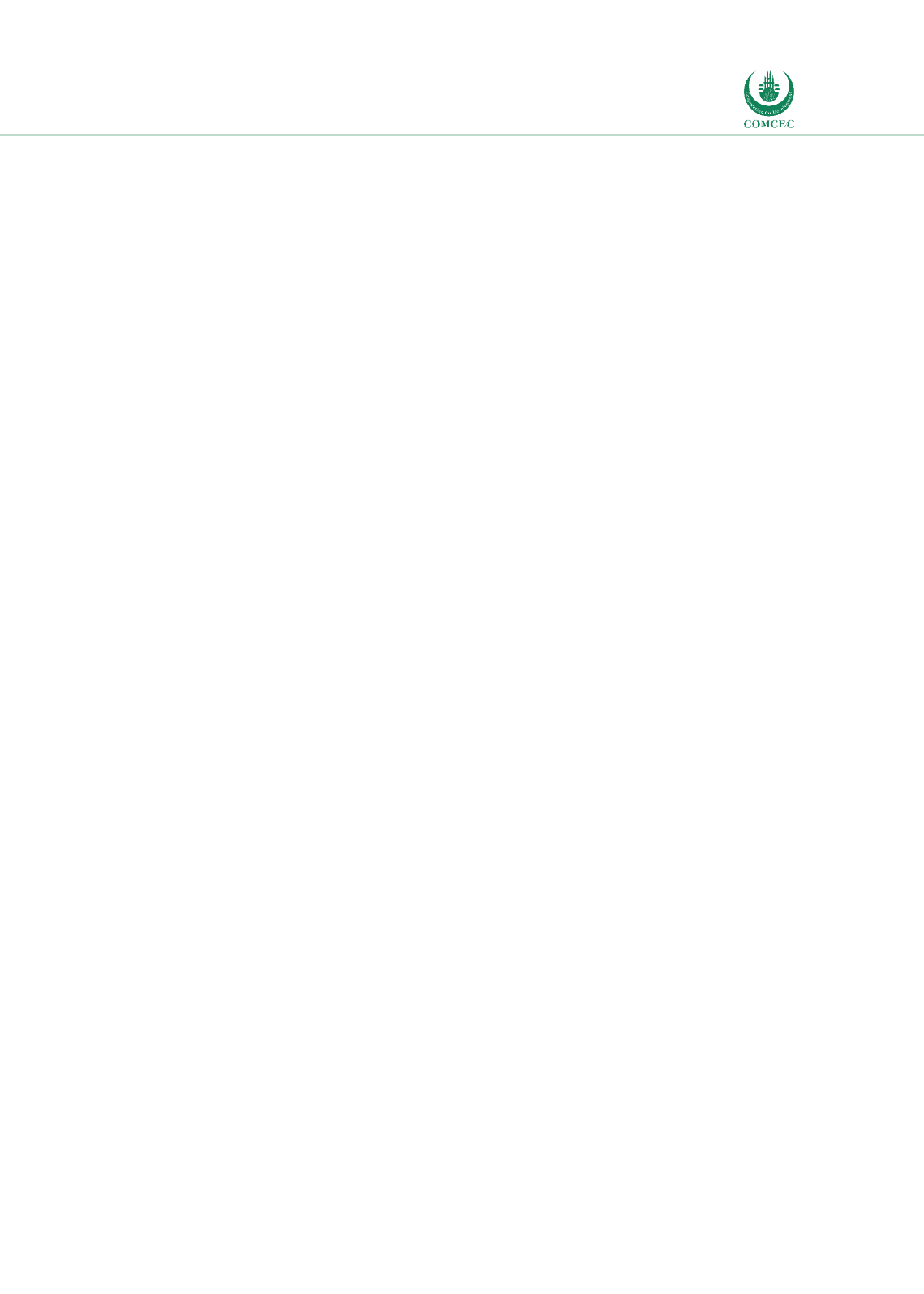

Enhancing Public Availability of Customs Information
In the Islamic Countries
69
Prior Notification of Changes in Procedures or Release of New Regulations
Although the Senegalese governments typically consults with the trade community on
regulatory and procedural issues, there is no legal requirement for new regulations or
procedures to be notified prior to entry into force. Regulations and procedural changes are
published by the government, but there is no legal requirement for a comment period. In
practice, traders are typically aware of such changes ahead of time and are able to adjust, but in
terms of compliance with the relevant TFA provisions, this is an area where continued work
would be needed in Senegal.
Advance Rulings
Senegal customs laws allow for an advance ruling on issues related to tariff classification, origin,
and customs valuation. Through this process, traders can request an advance ruling on tariff or
any classification issues that are potentially applicable to the importation or exportation of
goods. Advance rulings remain valid for the period stated in the ruling, usually between three
and 12 months. While some finetuning is always possible, stakeholders were overall satisfied
with the application of this law. Officials have notified this law as part of the TFA. Advanced
notice information is available through the SW portal. Advance rulings of general interest are
published, and thereby made available to the public and the trading community in particular.
Confidential details can be redacted to protect commercially sensitive details. There is no
specific website for advance rulings, which suggests that applications and other formalities must
be dealt with through hard copies. There is the option to undertake a simulation through the
TIP, but binding rulings are not yet issued in that way: it is necessary to submit full
documentation. This is perhaps an area that could be examined as the TIP is integrated with the
Single Window, as Senegal has developed considerable expertise in dematerializing businesses
processes, in particular related to trade.
Importers or exporters have the option to submit queries on the applicable Harmonized System
classification of goods, the applicable rules of origin, or the value of fees that they will pay.
Senegal customs follows WCO guidelines see WCO (2018) (Technical guidelines on advance
rulings for classification, origin and valuation, Revenue Page, 2018). Stakeholders welcomed this
move as it will henceforth provide timely and fair decisions before the arrival of goods at the
point of entry or before goods exit from Senegal. The policy will help traders avoid surprises and
hence better manage their cost. Senegalese customs administration also views the procedure as
a landmark in its risk management.
These WCO technical guidelines have been fully adopted and are consistent with long-
established traditions within Senegal customs. Although there is a maximum time in place for
the issuance of an advance ruling, the OECD TFIs do not provide information on this time, which
suggests that it may be subject to some uncertainty in practice. There is no evidence of special
procedures in place for SMEs or other types of businesses: the evidence available suggests that
all applicants are treated in the same way.
Appeals
Senegal has an effective appeal procedure that enables affected traders to seek a review of
decisions made and to receive a prompt and considered response to their appeals. The right of
appeal is available either (a) through recourse to an administrative authority higher than the
official that issued the decision, or (b) through a judicial appeal or review.
















